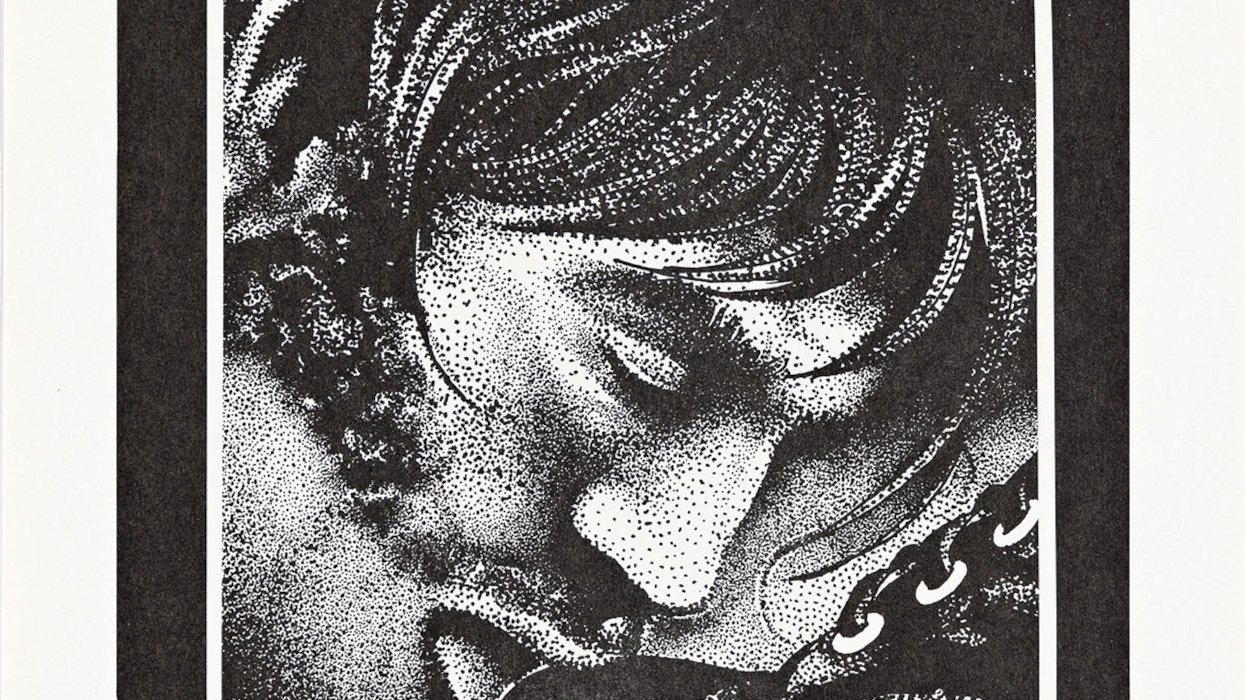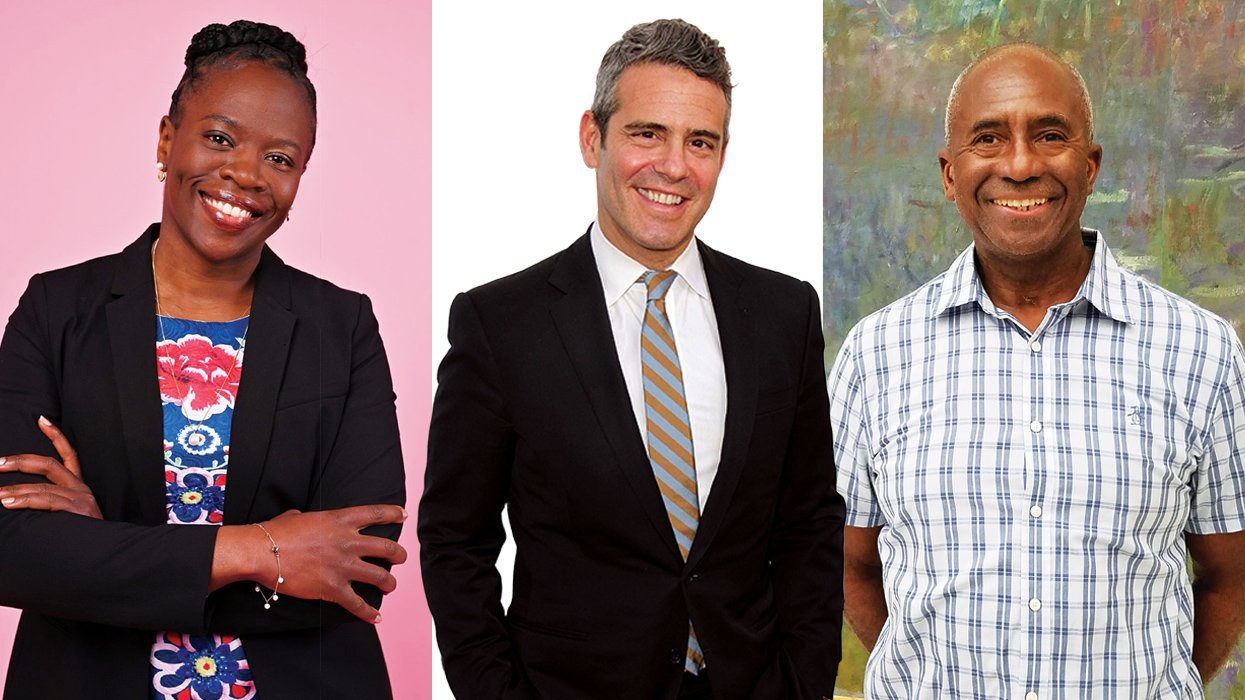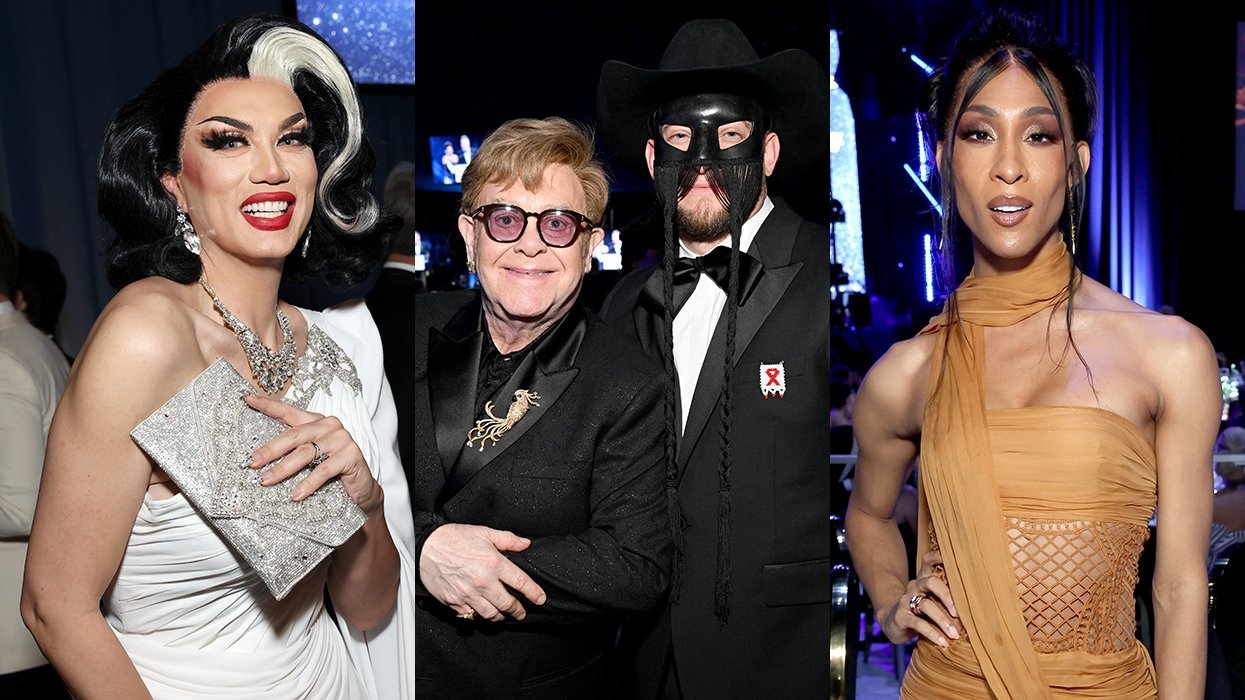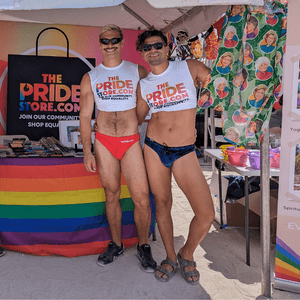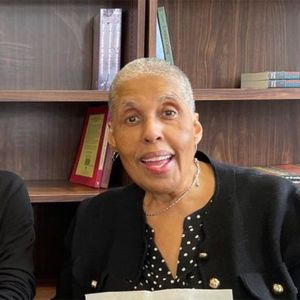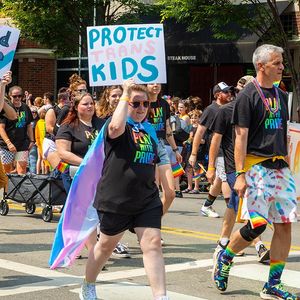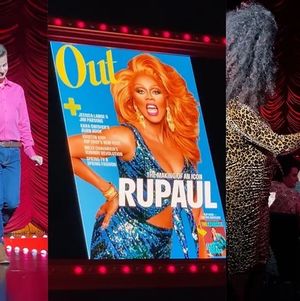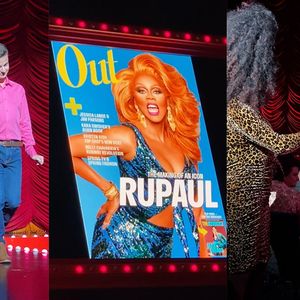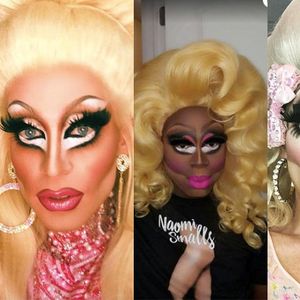"What if you woke up tomorrow and a miracle happened overnight so that your problems were no longer problems? What would be different in your life?"
In psychotherapy, that is something we therapists call the miracle question and I used to pose it regularly to my HIV-positive clients. I began doing this because I often found our 50-minute conversations to be colored solely by the problem-saturated narratives of serophobia, discrimination, and homophobia. While all are legitimate issues that ought to be brought to the therapy room, I wondered if I was doing any good by allowing my clients to rail against the facets of institutionalized marginalization for entire sessions without holding a space for solutions.
So I began asking the miracle question in the hopes of bringing some forward movement into our work. In theory, your client's answer to the query is supposed to inspire optimism and empowerment, while outlining solutions that support a more authentic and satisfying future; but after a year of posing the question to my clients living with HIV, it quickly became evident that this miraculous intervention rarely worked in practice.
Take a client I'll call "Caleb," for example: a gay-identified, mid-50s cisgender male of color, with more than 30 years as an HIV survivor, and living the past 10-years as self-described reclusive shut-in. His response mirrored that of most of my clients: "If a miracle happened over night...? I'd have a million dollars in the bank. My family wouldn't have rejected me for being gay. I'd be white and privileged. And I never would have gotten HIV!"
After processing those statements, Caleb and I — as did my other clients — quickly came to the conclusion that, even if these miraculous changes did occur overnight, they would solve nothing, because although these issues impacted them on a daily basis, their true struggle was rooted in an internalized, insidious war that raged far deeper than any societal oppression.
As Caleb put it: "You wake up one day and realize that you have no idea who you are. Society teaches us with HIV to lie about our status and hide. Living a lie kills your voice and you stop speaking... You say nothing, because you've trained yourself to want nothing."
I found this statement shockingly profound. Unit then, I thought my work as a therapist was to help clients find the words to express their inner desires. And here were my clients, telling me that they had no inner desires to voice. Of course the miracle question would inspire no forward movement in our therapeutic work because my clients had no idea what a more authentic and satisfying future looked like — or if one existed at all.
So I began to ask myself, how was it that we could look to a future without living in improbable miracles? I wracked my brain for things that have personally inspired me when I had fallen silent, and I quickly landed on my decade as an LGBTQIA and HIV community activist. While volunteering for non-profits like Equality California and the anti-bullying It Gets Better campaign, I found myself speaking out — both literally and metaphorically — with a voice I did not know I had. Even though I wasn't wholly sure what my personal future looked like at that time, I knew what I wanted for the future of my own queer community. It was speaking out for others that eventually gave me to tools to speak up for myself.
I slowly but surely worked together a clinical point of view that I now refer to as my "theory of therapeutic activism." In short, when my clients state that they have no idea what they want for their own future, I ask them what they want for the future of their community; we do not focus on the "self" but rather society at large, by using a modified version of the miracle question.
I asked Caleb, an avid media artist and photographer, "What if you woke up tomorrow and you had been granted an art exhibition at the Getty Museum? Thousands of people will be showing up to see your work. What would your photos say to the world?"
Caleb quickly listed a slew of societal wrongs that would be the inspiration behind his photos, including the always-present serophobia, discrimination, and homophobia. Caleb railed against the who, what, where, when, and whys that had marginalized and ultimately silenced his voice.
While each of his statements were clinically valid, I pressed forward, holding him to a proactive standard by curiously asking, "But what would be the call to action in your work? What would you suggest society start doing differently? How would your photos begin the healing process?"
Caleb fell silent. He did not readily have an answer. As he put it: "It's easy to talk about what's wrong with the world, but you never think about what you'd rather have people do instead."
I modified this activism-based question to fit each of my HIV-positive clients' strengths. For the successful entrepreneur, we fantasized what he would say to society in the Forbes magazine cover story being written about him. For the spiritual yogini, we imagined what she would suggest to the Dalai Lama over their afternoon tea. Our therapeutic explorations of the future focused not solely on the problems facing the HIV-positive community but rather on a preferred call to action, centered in healing and inspired by each of my client's unique inner-activist.
I recently spoke at a California psychotherapy conference, where I introduced my theory of therapeutic activism; it was received with apprehension, as I expected. After all, the term "activist" is defined as "an especially active, vigorous and outspoken advocate of a cause." The last thing that we, as therapists, are supposed to do is push an agenda on our clients; in fact, many practitioners feel it is their duty to remain a blank slate with no opinion. But in no way is it my aim to turn my clients into political zealots. Rather, it is my sole clinical desire to reawaken the voice of their infinitely powerful inner-activist, to assist them in reclaiming the desires that decades of marginalization has shamed into silence.
After a month's worth of conversations with Caleb's inner activist, he ultimately came to the conclusion that his Getty photography exhibit would be a "call to action in kindness... I'd demand that the people of the world work each day to accept each other. It is the duty of every human being to create a planet where HIV-positive people can live and love without shame — no questions asked!"
Today, Caleb runs a small chess club for HIV-positive men. They meet weekly at a local West Hollywood park to swap stories and steal pawns. The "reclusive shut-in" that walked into my office just 10 months ago has been replaced by a community organizer who is now "proud and open" with his HIV status, an existence that he defines as both authentic and satisfying.
"It didn't take a miracle," explains Caleb. "It took finding my voice and realizing that what I put out into the world matters."
And that is the mark of a true activist.
 MICHAEL ANTHONY-NALEPA, MA, MFTI is a professor of cognitive psychology at Antioch University and author of the art therapy book series: The Anthology of AnonymoUS.
MICHAEL ANTHONY-NALEPA, MA, MFTI is a professor of cognitive psychology at Antioch University and author of the art therapy book series: The Anthology of AnonymoUS.
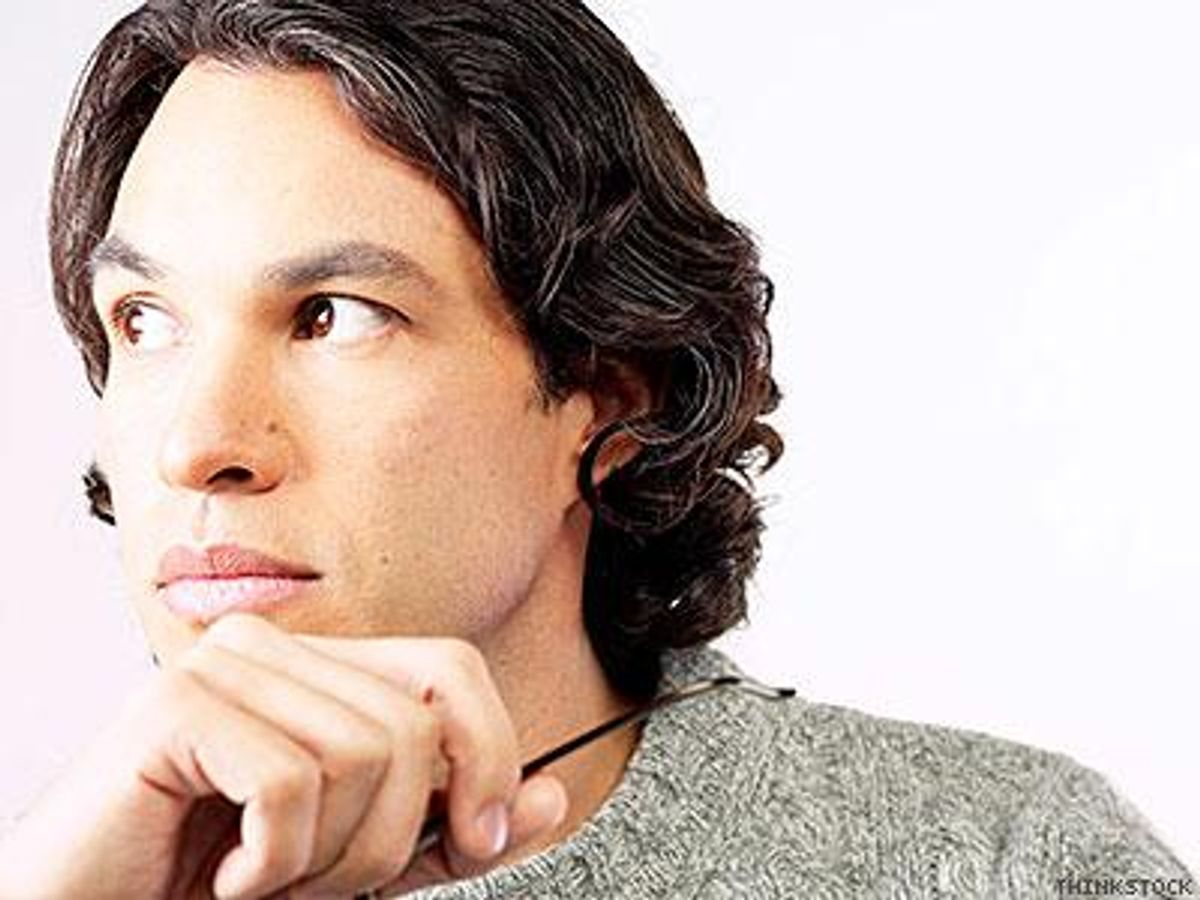
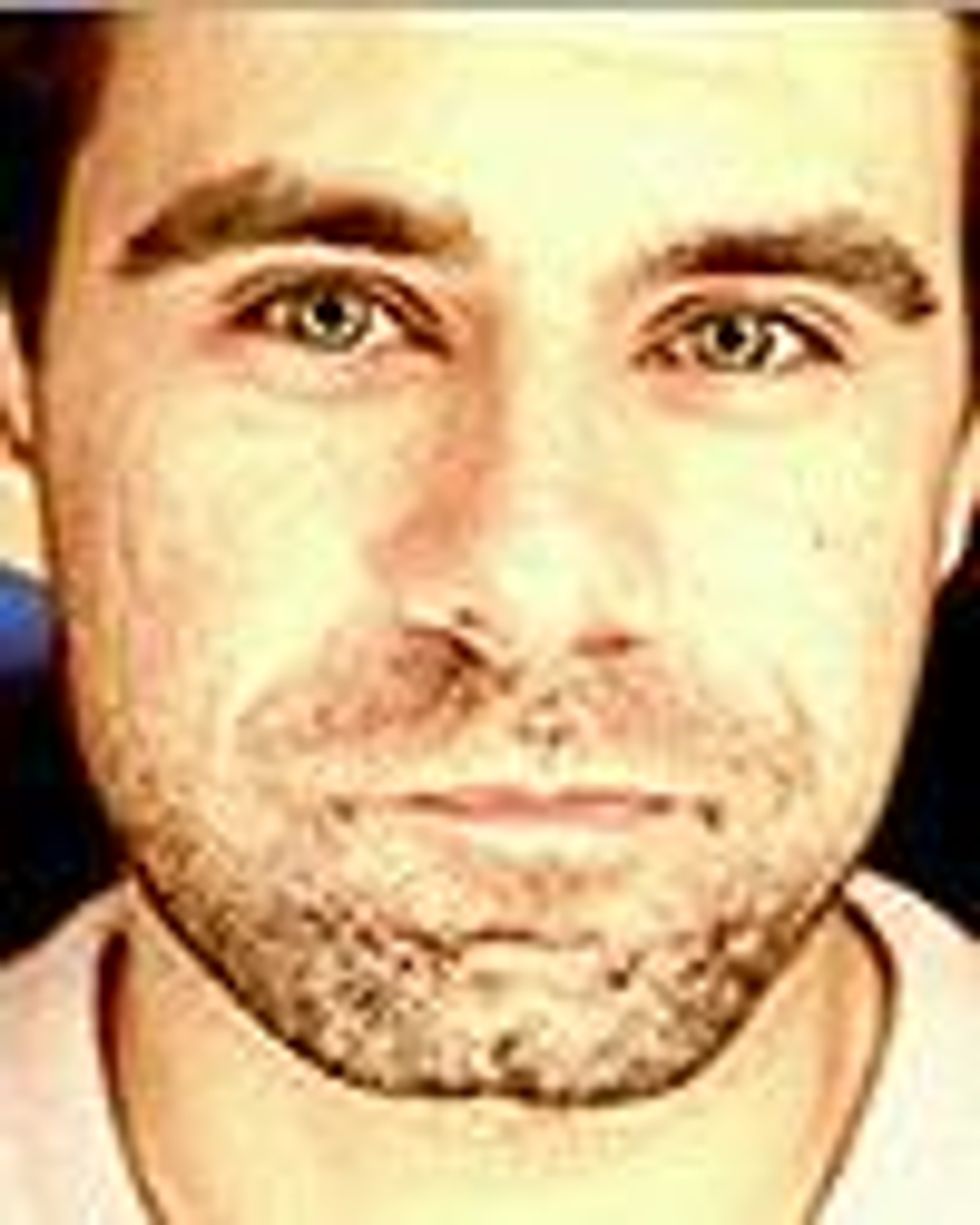 MICHAEL ANTHONY-NALEPA, MA, MFTI is a professor of cognitive psychology at Antioch University and author of the art therapy book series:
MICHAEL ANTHONY-NALEPA, MA, MFTI is a professor of cognitive psychology at Antioch University and author of the art therapy book series: 


